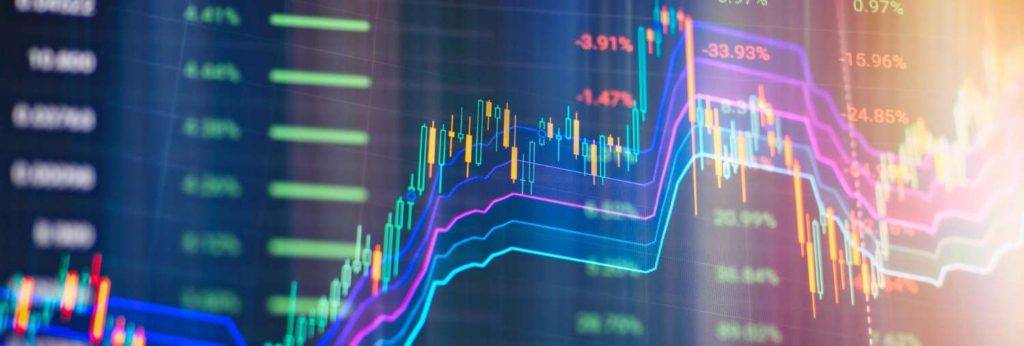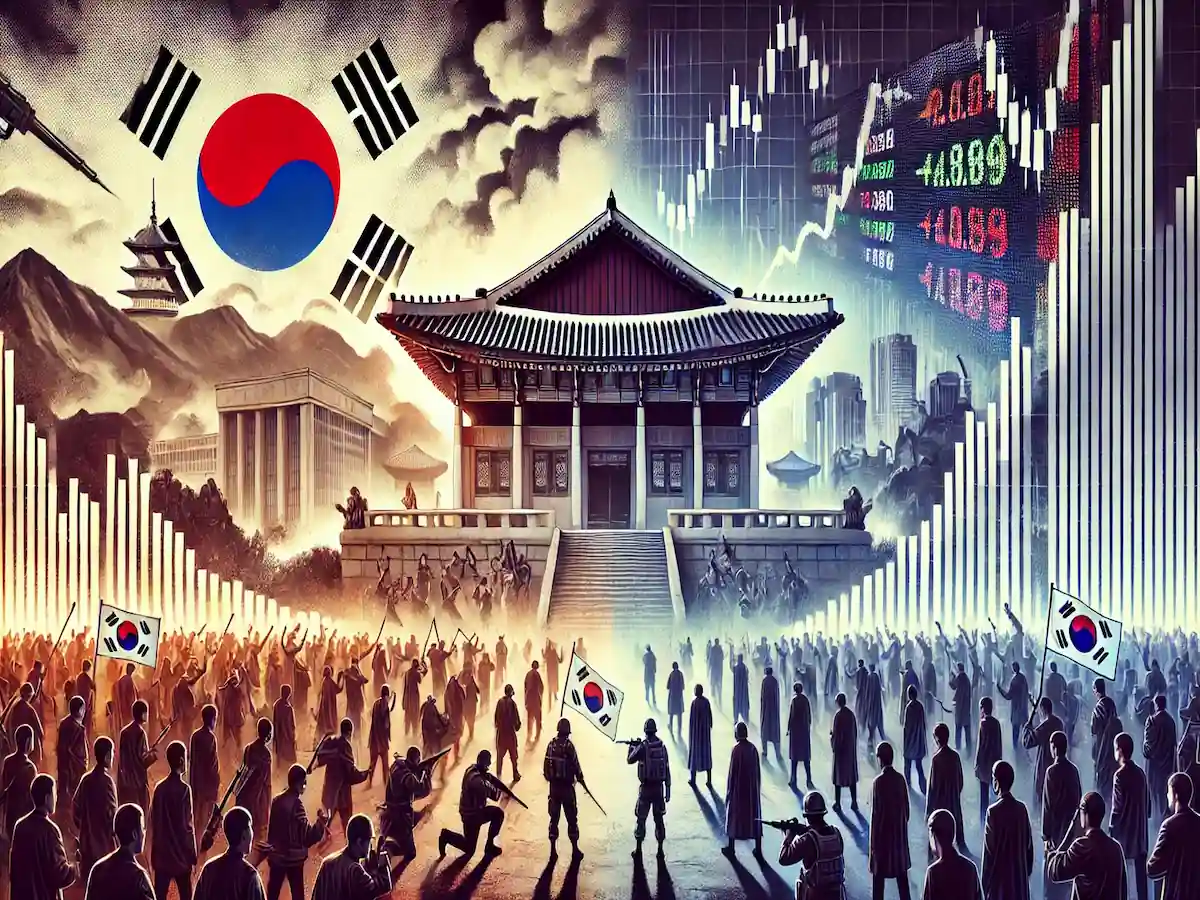The South Korean parliament’s dramatic rejection of President Yoon Suk Yeol’s declaration of martial law sent ripples across global financial markets, particularly impacting South Korea’s stock markets. The implications of such a significant political upheaval on financial stability are profound, as both domestic and international investors grapple with heightened uncertainty. Below, we explore the potential consequences of this event on South Korea’s stock markets and examine the underlying reasons.
Immediate Reaction of Financial Markets
The declaration of martial law, coupled with its swift rejection by parliament, immediately triggered market volatility. The Korean won fell sharply against the U.S. dollar, reflecting diminished investor confidence in the country’s stability. The central bank’s readiness to intervene underlines the severity of the currency’s decline and the broader economic implications.
Historically, South Korean markets have reacted sensitively to political instability. For instance, during the impeachment of President Park Geun-hye in 2017, stock market indices like the KOSPI experienced significant volatility, though they recovered quickly. This time, the stakes might be higher as martial law harkens back to the country’s authoritarian past, potentially shaking investor faith in South Korea’s democratic institutions.
Potential Medium-Term Consequences
- Diminished Foreign Investment
Political instability often leads to capital outflows as foreign investors seek safer markets. South Korea’s robust reputation as a stable democracy has been a cornerstone of its attractiveness to global investors. The recent events may weaken this perception, especially if fears of further political disruptions persist. - Impact on Blue-Chip Stocks
South Korea’s blue-chip companies, including global technology giants like Samsung and Hyundai, could face increased scrutiny. Investors may worry about disruptions to the regulatory environment or economic policies under a government grappling with political turmoil. - Volatility in Key Sectors
- Technology: South Korea is a global leader in semiconductors and technology exports. Uncertainty could impact global supply chains, particularly if unrest escalates or markets perceive the government as unstable.
- Finance: Banks and financial institutions are particularly vulnerable during periods of political uncertainty. Reduced consumer confidence and corporate hesitation to invest could dampen earnings in this sector.
Why Political Stability Is Key for Stock Market Confidence
Political stability serves as the foundation for investor confidence. In economies like South Korea, where exports and technological innovation are pivotal, a stable government ensures consistency in trade, regulation, and economic policies. The rejection of martial law, while a victory for democracy, exposes a significant rift within South Korea’s political landscape.
Investors will likely be watching the government’s response to the fallout. A well-articulated plan to restore confidence in democratic processes and economic stability could help mitigate further market disruptions.
How the Global Economy Factors In
The White House’s announcement of monitoring the situation highlights the international significance of South Korea’s political stability. South Korea is a major player in the global economy, and any prolonged instability could disrupt supply chains, particularly in semiconductors, where the nation holds a dominant market share.
Furthermore, geopolitical tensions with North Korea add another layer of complexity. Any indication that the crisis could weaken South Korea’s defensive posture may lead to broader regional instability, with global investors reassessing risk exposure in East Asia.
Long-Term Outlook: Recovery or Prolonged Volatility?
If the South Korean government successfully navigates the current crisis, markets could stabilize relatively quickly. A return to political normalcy, coupled with central bank interventions to stabilize the won, would likely restore investor confidence. However, if tensions between the presidency and parliament escalate, South Korea’s financial markets may face prolonged volatility.




